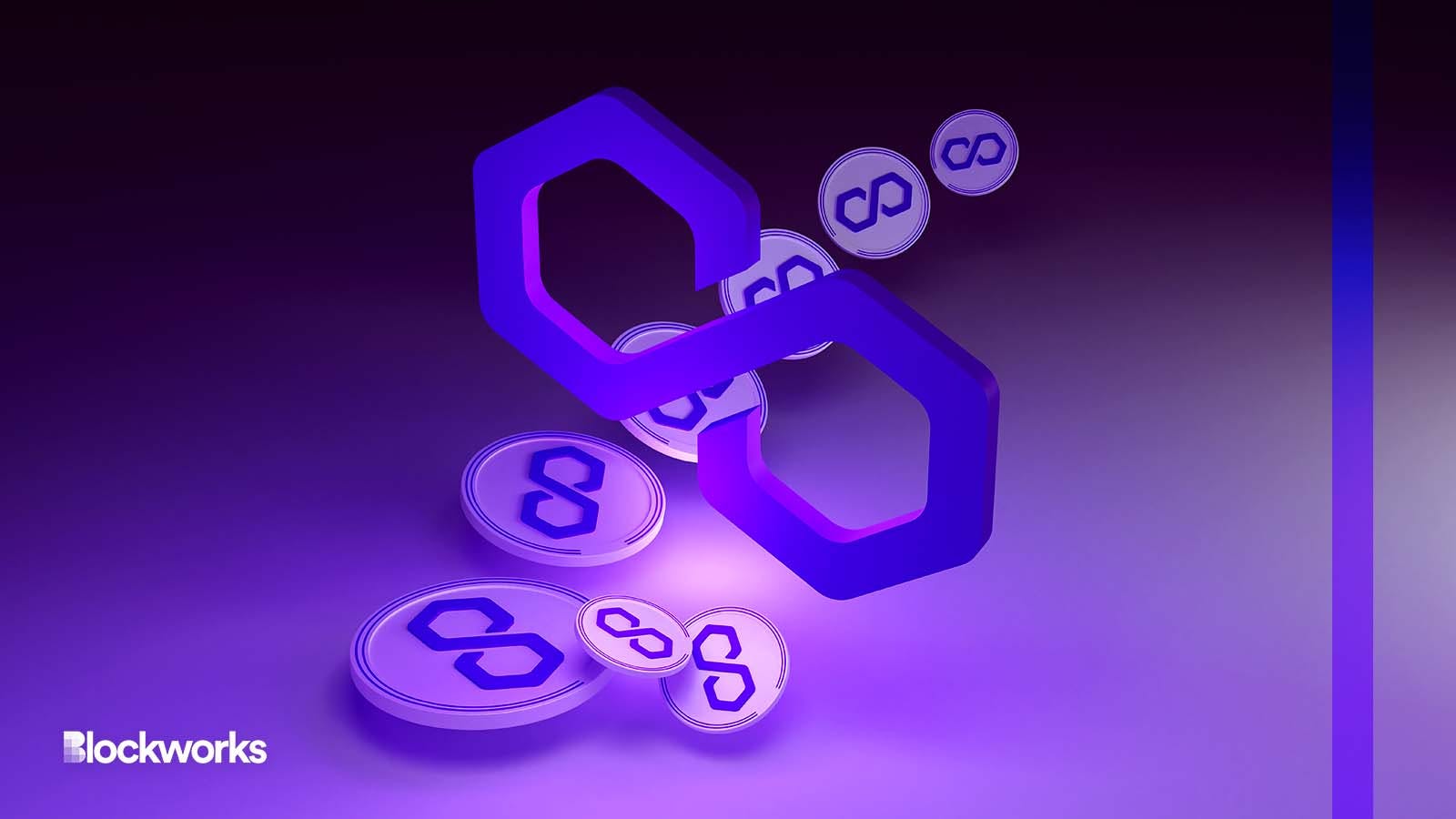Polygon’s zkEVM Beta Is Going Live on Ethereum Mainnet Next Month
Polygon’s zkEVM mainnet will be the first “fully EVM equivalent” zk rollup to reach Ethereum mainnet, Polygon says

CryptoFX/Shutterstock.com modified by Blockworks
As the race to deploy zero-knowledge (zk) technology intensifies, Polygon reveals that it will launch its zero-knowledge Ethereum Virtual Machine (zkEVM) Mainnet Beta on March 27.
Hailed by Vitalik Buterin as the future of Ethereum scaling, the layer-2 scaling solution first revealed its zkEVM in July last year — promising faster transaction speeds than optimistic rollups.
“We are delighted to share the launch date for the Polygon zkEVM Mainnet Beta which is coming in the first quarter of 2023 as promised,” Sandeep Nailwal, co-founder of Polygon Technology told Blockworks.
Polygon’s zkEVM mainnet will be the first “fully EVM equivalent” zk rollup to reach Ethereum mainnet, Nailwal said.
“This represents a huge step towards scaling Ethereum and bringing Web3 to the masses,” he said.
Zk rollup technology moves transaction verification off-chain and then batches them so they can be settled on Ethereum. The process uses a “prover” that determines if a dataset is true or false — all while maintaining user privacy.
Blockworks research analyst Sam Martin noted that “zkEVM race is well underway, with stiff competition amongst zkSync, Polygon, Scroll, Taiko, and others.”
“All teams are taking different approaches, but Polygon’s zkEVM has been classified as a Type-3 by Vitalik Buterin given its near EVM equivalence and choice to forgo the use of precompiles,” he said.
Type-3 zkEVMs are “almost EVM-equivalent” — but require a few sacrifices before it meets the golden standard of Type-1, the fully Ethereum equivalent EVM.
“It is possible that the first zkEVM to launch on mainnet without any limitations could garner significant traction with a first-mover advantage, so keeping a close eye on developments in this space throughout 2023 will be important.”
Over the next couple of weeks, Polygon Labs, the team behind Polygon — will be revealing more details about the Mainnet Beta.
“Security is the highest priority, which is why Polygon zkEVM has been run through a gauntlet of tests and audits,” the company said in a statement. “Users and devs can expect full transparency about the security measures that will protect the Ethereum community during Mainnet Beta.”
At the time of writing, Polygon’s MATIC token is trading at $1.23, up by over 4% over the past 24 hours.
Get the news in your inbox. Explore Blockworks newsletters:
- The Breakdown: Decoding crypto and the markets. Daily.
- 0xResearch: Alpha in your inbox. Think like an analyst.






